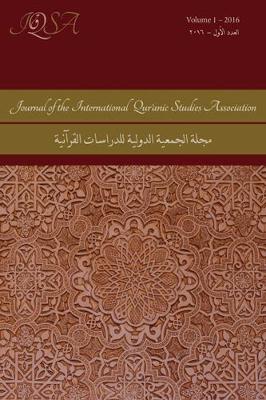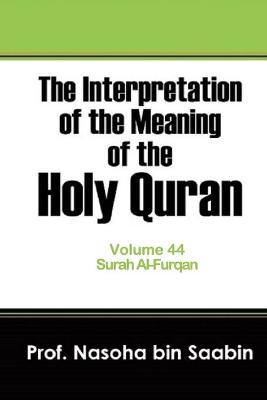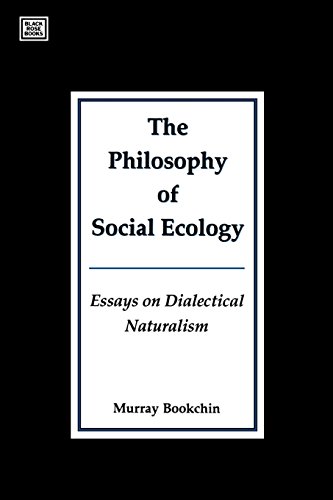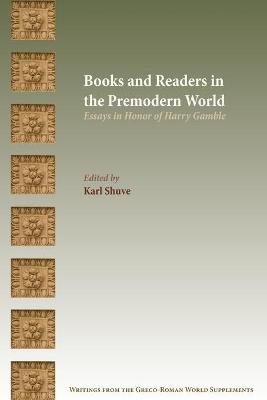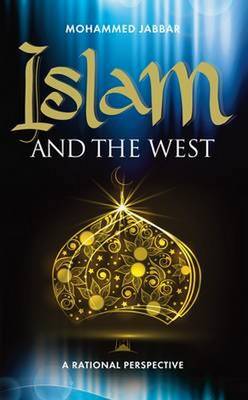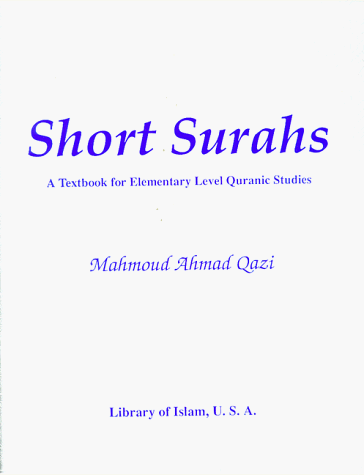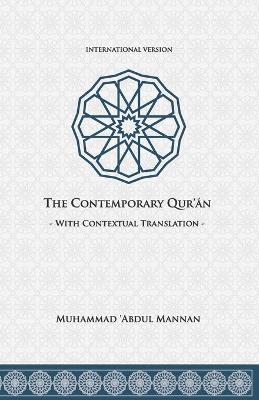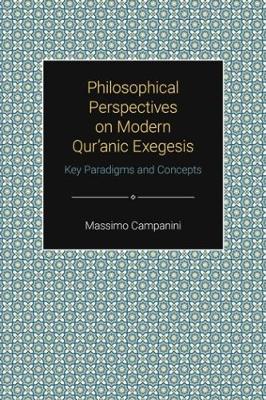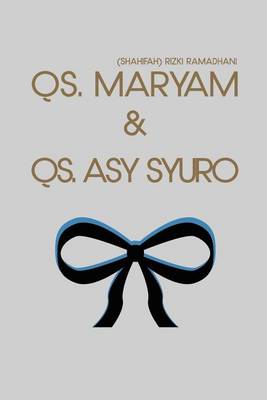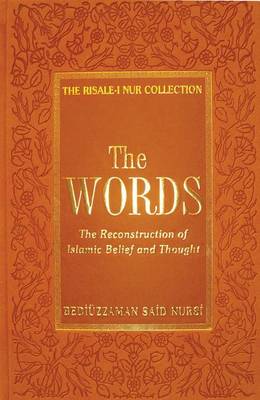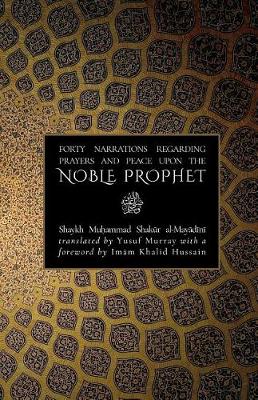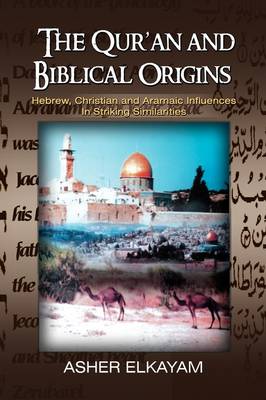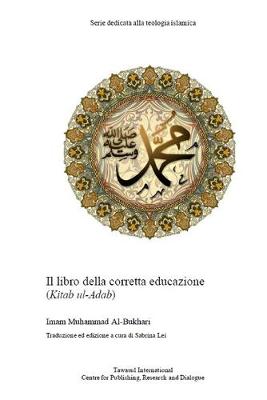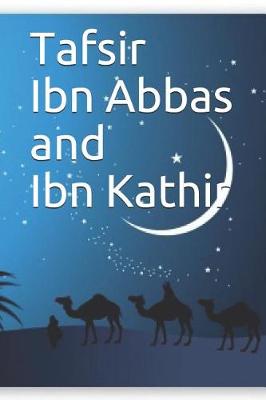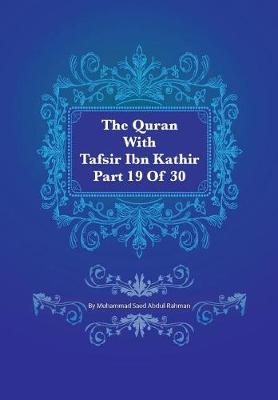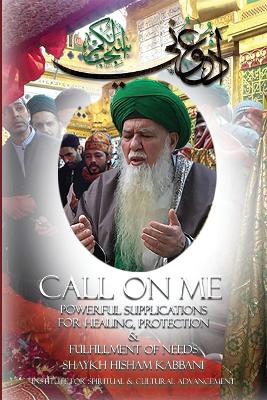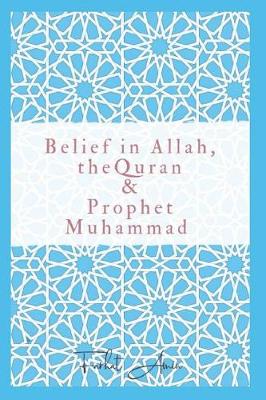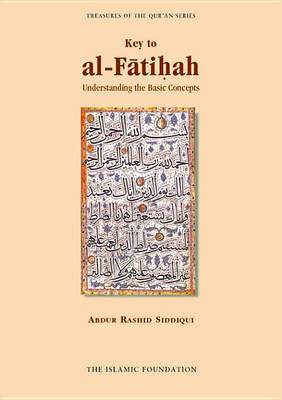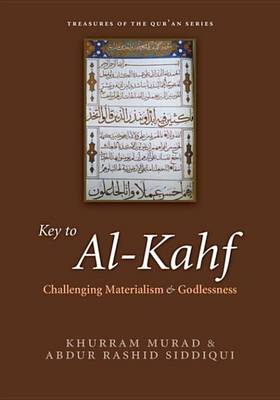We are pleased to announce the launch of the Journal of the International Qur'anic Studies Association (JIQSA). In support of the association's mission of fostering scholarship on the Qur'an, the journal will publish twice annually. Articles will be rigorously peer-reviewed through a double-blind review process, with reviewers appointed by the Co-Editors and the international Editorial Board. The journal is being launched at a time of particular vitality and growth in Qur'anic Studies, and its...
Philosophical Perspectives on Modern Qur'aanic Exegesis
by Massimo Campanini
This book explores the possibility of a hermeneutics of the Qur'an. It starts from the presupposition that the Qur'an can be studied as a philosophical book. Thus the analysis is theoretical more than historical. Many philosophers commented the Qur'an and many supported their theories by resorting to the Qur'an. Thinkers like Fakhr al-Din al-Razi connected traditional theology and philosophy in their Qur'anic commentary. Others like Nasr Abu Zayd used philosophy to deconstruct the Qur'an paving...
QS. Maryam & QS. Asy Syuro (Qs. Maryam & Qs. Asy Syuro, #1)
by Shahifah Rizki Ramadhani
The Qur'an on Woman, Marriage, Birth Control, and Divorce (Woman in History,, #24)
by Arthur Frederick Ide
The Words forms the first part of the Risale-i Nur collection, an approximately 6,000-page Qur?anic commentary. In this commentary Bediuzzaman Said Nursi?s main concern is how to save and strengthen one?s religious belief when confronted with the current prevalent materialist philosophy. It does not explain when or why a verse was revealed, but rather the truth that it represents. Subjects discussed are God, resurrection, prophethood, destiny, ego, worship, and how the truth of these matters is...
Forty Narrations Regarding Prayers & Peace Upon the Noble Prophet
by Shaykh Muhammad Shakur Al-Madayini
The Quran with Tafsir Ibn Kathir Part 19 of 30
by Muhammad Saed Abdul-Rahman
In Chapter 38:21-25, the Qur'an relates a very short narrative about the biblical King David's seeking and receiving God's forgiveness. The earliest Muslim exegetes interpreted the qur'anic verses as referring to the Hebrew Bible's story of David's adultery with Bathsheba, as related in 2 Samuel 12:1-13. Later Muslims, however, having developed the concept of prophetic impeccability, radically reinterpreted those verses to show David as innocent of any wrongdoing since, in the Muslim tradition,...
